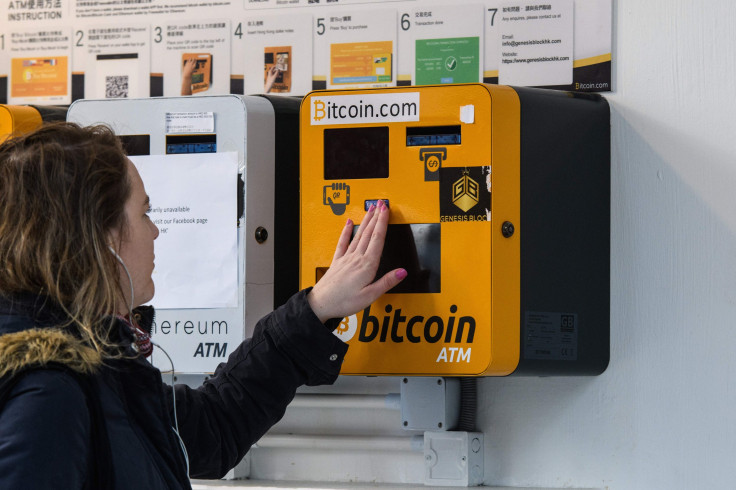Bitcoin Regulation: China's Arbitration Body Says Cryptocurrency Should Get Legal Protection

The Shenzhen Court of International Arbitration in China recently ruled that bitcoin, despite not being given the status of a legal currency, should be legally protected by law as property. The ruling in an "equity transfer agreement" case was published as a case analysis on WeChat — a popular Chinese social media website — last week.
According to the statement published by the tribunal, "bitcoin is not a legal currency" but that "does not prevent it from being protected by law as a property. Bitcoin has property attributes that can be dominated and controlled by manpower, have economic value, and can bring economic benefits to the parties."
In the case whose analysis was published, the unnamed complainant signed a contract agreement with the accused, which allowed the latter to trade and manage cryptocurrencies — namely bitcoin, bitcoin cash, and bitcoin diamond — on the complainant's behalf. However, the complainant said the accused refused to return the cryptocurrencies after an agreed time. As a result, they brought the case to the arbitrator, asking for the return of the assets with interest.
The cryptocurrency tokens in the case included around 20 bitcoin, 50 bitcoin cash, and 13 bitcoin diamond, worth around $493,158 combined (calculated from the date of application for arbitration according to the Bank of China's dollar interest rate for the same period, until the date of return).
The case analysis read that the main argument made by the defendant was that the ban by People's Bank of China — made in September 2017 on cryptocurrency trading and initial coin offerings — essentially meant cryptocurrency payments and transactions should be illegal in China. By claiming that transactions were illegal, the entire contract, by default, would be void. The accused further claimed that because of the trading ban, there was no medium on which to trade the tokens or return the assets to the complainant.
The arbitrator explained the nature of the case was about the contractual responsibility for returning cryptocurrencies, which did not fall under the ban on cryptocurrency trading or initial coin offering. Further, the analysis also noted there were no technical difficulties in sending cryptocurrencies as long as one has the receiver's wallet address and private key.
"The Arbitration Court noticed that, after September 2017, major bitcoin exchanges operating in China at the time suspended their businesses. But technically, that fact does not prevent the defendant from sending the bitcoin and bitcoin cash under dispute to the plaintiff upon the agreed deadline," the case analysis read.
The court is one of the arbitration committees established in China after the country passed a law in 1995 allowing city governments to create such entities to rule on economic disputes.
Beijing Sci-Tech Report's technology publication announced earlier this month its plan to accept bitcoin for its yearly subscription to support the usage of the blockchain and cryptocurrency. Several hotels in major cities in China accept cryptocurrencies, one of which branded itself as Ethereum Hotel. It offers discounts to those that pay their bills using ethereum.
© Copyright IBTimes 2024. All rights reserved.





















